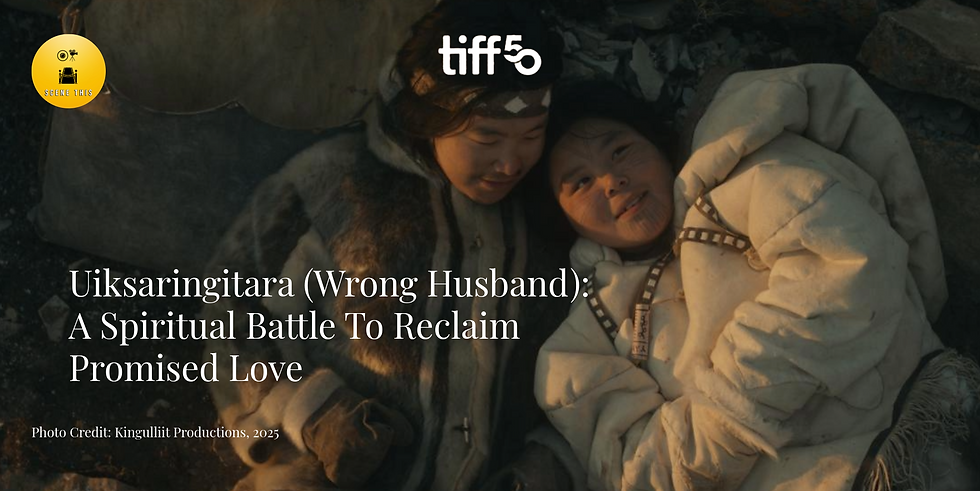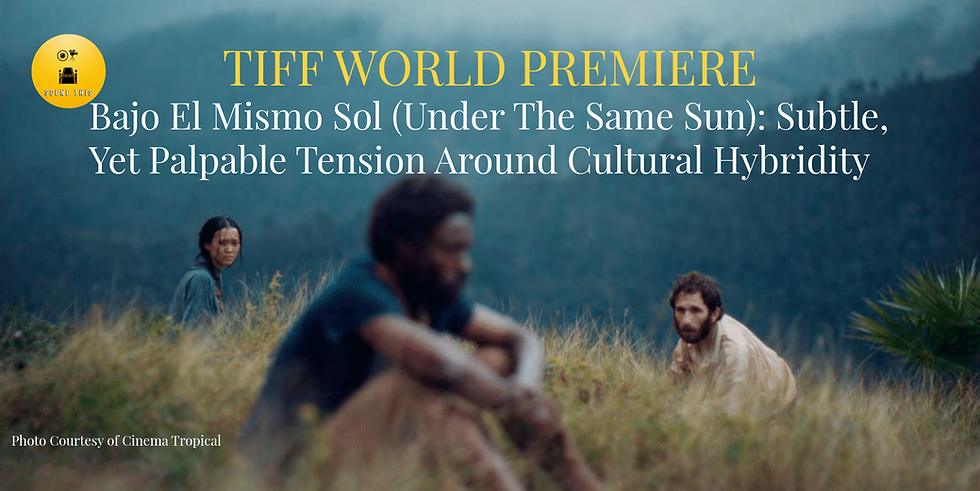Eleanor The Great: Scarlett Johansson's Directorial Debut Aims For The Heart, But Lacks The Spark
- Michael Ornelas
- Sep 25, 2025
- 2 min read
The Great Eleanor sets out to be sweet, charming, witty, and historically resonant, but its lack of dynamism leaves it striking only a single note. Scarlett Johansson’s directorial debut follows Eleanor (June Squibb) as she navigates grief after the loss of her best friend, a Holocaust survivor. Seeking connection, Eleanor turns to her local JCC and stumbles into a Holocaust survivors’ support group, a lie fueled detour that soon spirals beyond her control.

June Squibb, who won audiences’ hearts with Thelma, brings her trademark sharp wit to the role. Her performance aims to recapture that earlier spark, but the humor, often directed at service workers like clerks and waiters, lands more as condescending than endearing. Squibb effectively embodies the familiar traits of elderly characters, loneliness, blunt honesty, and misplaced good intentions, but the uneven script blunts her impact. Moments of clever dialogue exist, yet they’re buried under heavy-handed writing that struggles with pacing and tone.

The supporting cast fares no better, often reduced to stereotypes. An exception is Erin Kellyman, who delivers the film’s most heartfelt performance as Nina, an NYU student writing an article on Eleanor’s supposed Holocaust experiences. Nina’s personal grief, she is mourning her mother, adds a compelling emotional thread, but the script treats it almost as a separate film. This divide prevents the audience from fully connecting with either woman’s story.

Narrative pacing is another stumbling block. Transitions often feel abrupt, with key beats missing. In one jarring example, Nina invites Eleanor to speak to her class. Eleanor storms out, only for the very next shot to show Nina casually finding her in the hallway, exclaiming, “hey!” The sequence feels disjointed, with no sense of elapsed time or emotional consequence, robbing the scene of its intended weight.

The film’s intentions are admirable. Exploring grief through the lens of memory and identity, particularly tied to Holocaust survival, is fertile ground for a moving story. But the script narrows in on Eleanor’s deception without fully exploring the world around her or the nuances of her relationships. Johansson’s camera, too, feels restless: movements appear motivated by style rather than story, distracting more than they enrich.

Ultimately, The Great Eleanor wants to be poignant, but its single mindedness and uneven execution prevent it from resonating. Johansson’s debut has moments of potential, but lacks the cohesion, subtlety, and emotional depth to make its story truly impactful.
.png)











Comments